Search
Remove Ads
Advertisement
Search Results
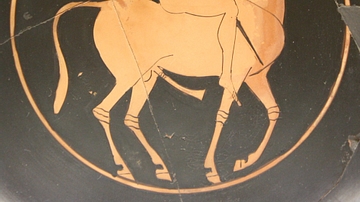
Definition
Satyr
Satyrs (aka silens) are figures from Greek mythology who were followers of the god of wine Dionysos. Satyrs were often guilty of excessive sexual desires and overindulgence of wine. Men with a horse's tail and ears or men with goat legs...
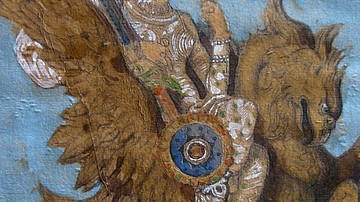
Definition
Chitrali Mythology
Chitrali mythology developed in the region of Chitral, the tallest portions of the Hindu Kush mountains, where the Chitrali people, at the juncture of South, Central, West, and East Asia, were exposed to many external cultural influences...

Article
Gender & Identity in Mulan: Text & Commentary
The legend of Mulan, now world-famous thanks to the Disney films of 1998 and 2020, is the story of a young girl who disguises herself as a man to take her aged father's place as a conscript in the army and so preserve the family honor. The...
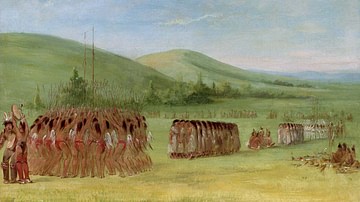
Article
Ûñtsaiyĭ', the Gambler
Ûñtsaiyĭ', the Gambler is a legend of the Cherokee nation, known as a Wonder Story, which features supernatural characters, sometimes interacting with mortals, sometimes with each other. In Ûñtsaiyĭ', the Gambler, all the characters are supernatural...
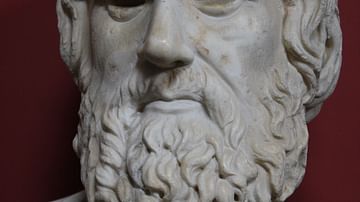
Definition
Sophocles
Sophocles of Kolōnos (c. 496 - c. 406 BCE) was one of the most famous and celebrated writers of tragedy plays in ancient Greece and his surviving works, written throughout the 5th century BCE, include such classics as Oedipus Rex, Antigone...

Definition
Homer
Homer (c. 750 BCE) is perhaps the greatest of all epic poets and his legendary status was well established by the time of Classical Athens. He composed (not wrote, since the poems were created and transmitted orally, they were not written...
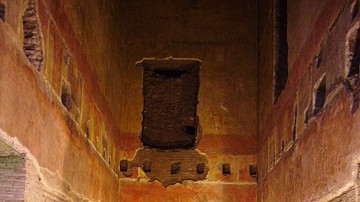
Article
Nero's Golden House (Domus Aurea)
Nero's Golden House (the Domus Aurea) in Rome was a sumptuous palace complex which played host to the wild parties of one of Rome's most notorious emperors. Besides using the finest marble and decoration such as fine wall-painting and gilded...

Video
TOP 10 MONSTERS From GREEK MYTHOLOGY
So enough of the xenomorphs for a while, in this video we will explore the TOP 10 MONSTERS FROM GREEK MYTHOLOGY. Check out the STORE: http://www.viralkiller.one SO these creatures may have actually existed…probably not… Number 10. The...
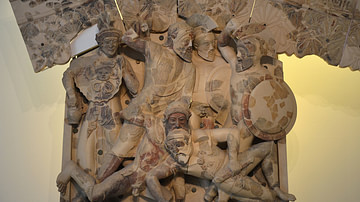
Definition
Seven Against Thebes
Seven Against Thebes is the third part of a trilogy written by one of the greatest of the Greek tragedians, Aeschylus in 467 BCE, winning first prize in competition at Dionysia. Unfortunately, only fragments of the first two plays, Laius...
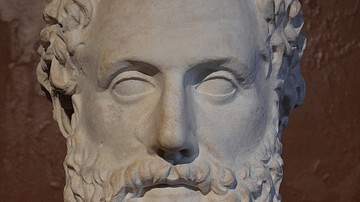
Definition
Aeschylus
Aeschylus (c. 525 - c. 456 BCE) was one of the great writers of Greek Tragedy in 5th century BCE Classical Athens. Known as 'the father of tragedy', the playwright wrote up to 90 plays, winning with half of them at the great Athenian festivals...